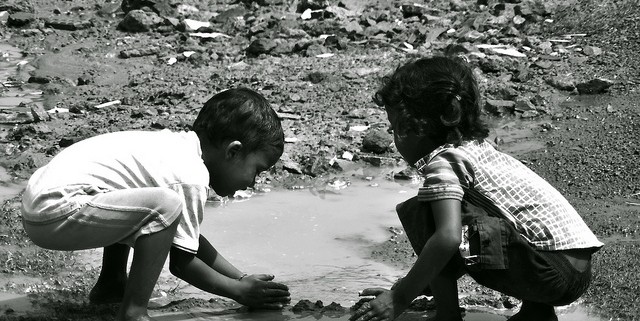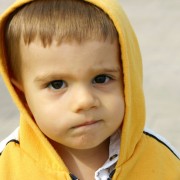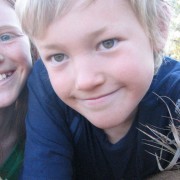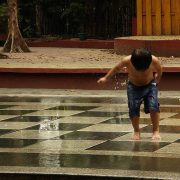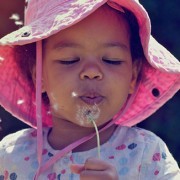Developing a Curious Child
“Oh he’s into everything” complains a Mother. “She’s always pulling things apart”, states a Dad. It’s always said to me like a complaint, as if it’s a bad thing to have a curious child!
Curious children are GREAT – it means their developing brain is seeking to understand, to know how and why things work (or don’t work), to understand ‘what happens if I do xyz…..’ and does the same thing happen if I do it twice, or 12 times? A curious child is the result of a learning brain, and that’s a GREAT thing! People who are curious are the ones who become explorers, researchers, musical composers or inventors. This may be in any field of science, music, the environment, the arts etc Or it may be in the social world, or understanding how people interact or communicate – so many possibilities!
How do we assist the growth of curiosity in our developing children?
Curiosity naturally develops in the young baby. They will stare in awe as their hands wave about in front of their eyes, and they will wonder about their feet and toes as they wriggle in the air! Once a baby starts to crawl, they will find a hundred curious items – things to explore in their reach…. the crumbs from your toast, their older sister’s hairbrush, and the power points! Clearly safety becomes a major consideration once babies start to move about.
Young toddlers are curious to find out what happens when they drop their mashed potato over the high chair edge, and what is the difference when they drop their spoon. Apart from the different responses from the parent, potato and spoons make different sounds as they hit the tiles, and may move differently. These children are also curious to see if the same thing happens when they do it a second time, or a third.
Toddlers also need to drink from both the blue cup and the green one, to find out if the milk tastes the same in each. So many of their explorations and learnings are felt as challenging for the parent – they often feel that the child is being difficult when they insist on having 2 cups. This may be why the saying came about…. ‘patience is a virtue’ – maybe it was first said by a parent who realised that they needed patience to help their children really learn.
You will have noticed the different way toddlers and adults react to a puddle of water on the pavement. Adults ‘see’ wet clothes, cold child and more washing, whereas a toddler is curious to see what it feels like, maybe tastes like and what happens when I jump in it. On the weekend I saw a great example of this… a child of about 18 months found a puddle at the markets. His parents watched him as he walked into it (yes, with shoes on, not boots!), he stooped down to feel the water, to splash it about – over himself, and to walk back and forth in it, getting rather wet. I congratulated the parents on letting him be free to explore, and as we were chatting, the little fellow decided to lay down in this small puddle, and really get wet! After allowing him to be curious, the parents then took him to get changed into dry clothes. Imagine all the fun and learning the toddler got from that experience. I know it’s not always possible to let children play in the puddles, but sometimes it is!
When you give babies and toddlers new toys or books, allow them to explore it in their way – whether it’s by tasting it, turning it upside down or by using it in a way different to how you would. You don’t need to immediately show them how to push a toy car along, or how to stack the blocks – sometimes they come up with really creative solutions or inventions themselves.
Parents also have the opportunity to foster creativity when their child comes to them with a problem… the blocks fell down, I can’t get my boots on, or when they ask: ‘Why are there stars in the sky?’ If you immediately solve their problem, then their developing brain doesn’t have to think of possibilities. Instead ask them: ‘So what can you do?’ or ‘What do you think?’ I remember driving with my 5 year old Anna and her friend Esther in the car. One of them asked me: “How do the stars stay up in the sky?” Before I had time to rack my brain for an answer, they started guessing ‘why’ with each other and had many solutions – and as a result, many brain cells working away! The answer in case you are wondering…. God stuck them there with glue!
How will you allow your child to explore this week?
Have a happy curiosity week!
